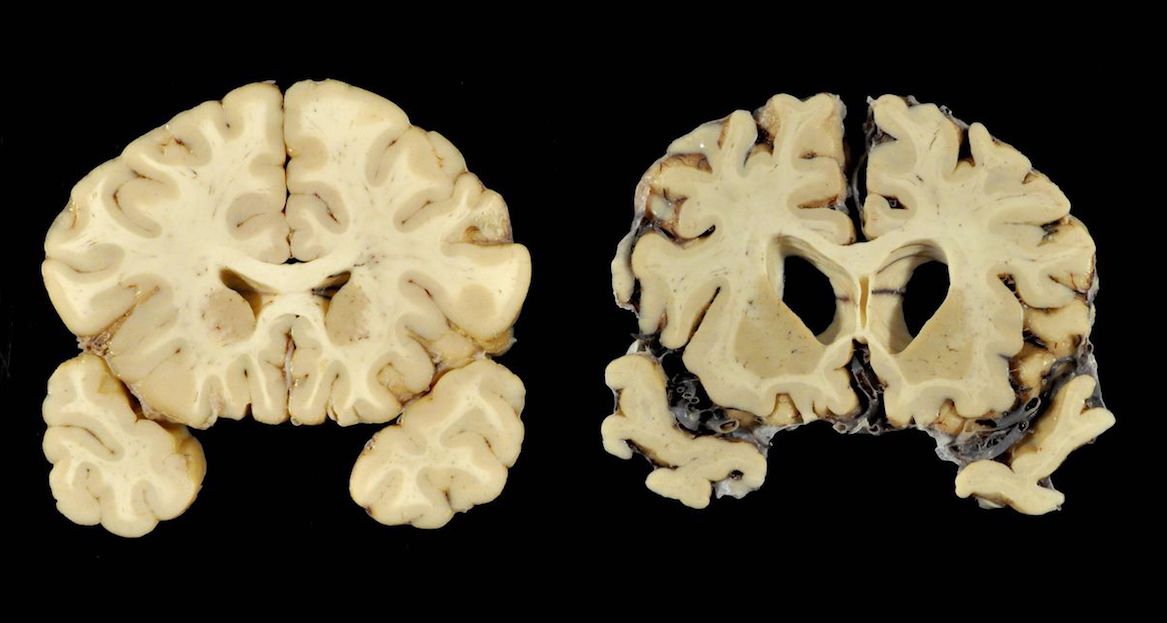
BU researchers in early stages of being able to diagnose CTE in the living
Less than a week after Aaron Hernandez was found to have severe CTE, Boston University researchers have announced that they may have discovered a way to test for CTE in living patients. Currently, CTE can only be diagnosed posthumously.
In a release, the BU School of Medicine said it compared the brains of 23 former college and professional athletes to the brains of 50 non-athletes with Alzheimer’s and 18 non-athletes as a control group. The researchers believe that the biomarker protein, CCL11, can distinguish CTE from Alzheimer’s, they explained in PLOS One Journal
“By making it possible to distinguish between normal individuals, individuals with Alzheimer’s disease and CTE, therapies can become more targeted, and hopefully more effective,” said the study’s first author, Jonathan Cherry, a postdoctoral fellow in neurology.
BU neuropathologist Ann McKee, who has been studying CTE for decades, added: “The findings of this study are the early steps toward identifying CTE in life. Once we can successfully diagnose CTE in living individuals we will be much closer to discovering treatments for those who suffer from it.”
McKee recently examined 111 brains of former football players and found that 100 had the degenerative disease thought to be caused by repeated blows to the head.
IF CTE testing in the living become available, it could dramatically alter the NFL and other walks of life.


